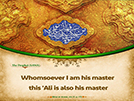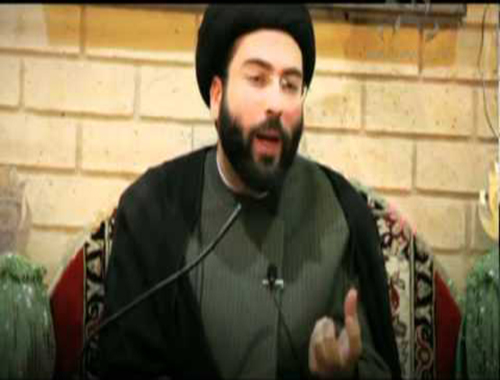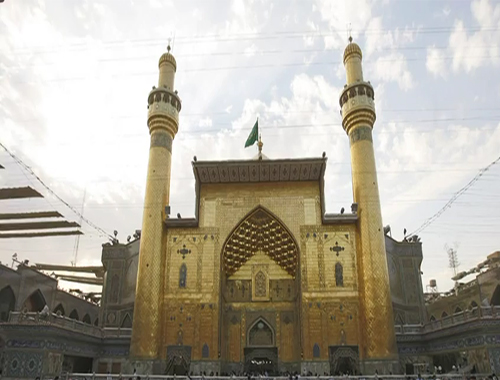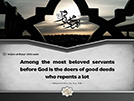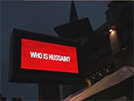
Abi Abdullah Jaafar bin Mohammad (A.S) said:
One day my father (Imam Mohammad bin Ali Al-Baqir (A.S)) said to Jabir bin Abdullah, "I need to see you privately."
So when my father was alone with Jabir he said. "Tell me about the tablet that my mother, Fatima (S.A), had."
Jabir said:
Allah is my witness that I went to Fatima (S.A), daughter of the Messenger of Allah (P.B.U.H&H.P) to congratulate her on the birth of Hussain (A.S). I saw a green tablet in her hand made of green aquamarine. There was some writing on it with a light that was brighter than the sun and (the tablet) smelled better than musk.
I asked Fatima (S.A), "What is this tablet, O daughter of the Messenger of Allah?"
She replied, "This tablet is a gift from Allah to my father. It contains the names of my father, my husband, and the names of his successors from my sons after him."
I asked her to give it to me so I could write a copy of its contents, and she accepted.
Then my father (Mohammad bin Ali (A.S)) asked Jabir, "Can you show me the copy you made?"
Jabir replied, "Yes."
Then Jabir went to his house and brought back a piece of paper with him.
My father said to him:
Look at your copy to see (if) what I say (matches your copy). This is what was written on that tablet:
In the name of Allah, most Gracious, most Merciful. This is a letter from Allah, the most Honorable, the most Knowledgeable, which was sent with the guardian spirit to Mohammad, the last of the messengers.
O Mohammad! Glorify my names, be thankful for my grace, and do not deny my blessings.
Do not desire anyone but me and do not fear anyone but me, because those who desire anyone but me or fear anyone but me will be punished in a way that I have never punished anyone else from all of the worlds.
O Mohammad! I have chosen you from amongst all of the prophets and I have given preference to your successor above all of the successors.
I have made Hassan the container of My Knowledge after the time of his father, and (I have made) Hussain the best of the sons from the first to the last, and through Hussain the Imamate will continue.
Ali, the beauty of the worshippers, will remain from Hussain, and then (it will be) Mohammad, the one who rips open My Knowledge, the one who will invite (people) to my path through the right methods.
Then (it will be) Jaafar, the truthful in his speech and his actions, after whom there will be a deafening conspiracy.
Woe and more woe unto those who deny my slave and the best of my creation, Moses!
Then Ali, the pleasant, will be killed by a pagan daemon, and he will be buried in the city that was built by the righteous slave, next to the worst of Allah's creation.
Then Mohammad (will come), the guide to my path, the one who safeguards my sanctity, and the one who will leave Ali behind.
Ali will be the one with two names (Ali and Naqi).
After him, Hasan, the honorable, will lead his people.
And after him his son. Mohammad, will rise at the end of time. There will be a white cloud over him to offer him shade from the sun. He will speak with an eloquent language and his voice will reach everyone and everywhere. He is the Mahdi of the family of Mohammad and he will fill the earth with justice, just as it is will be filled with injustice.
[Source: Basharat ul Mustafa Le Shiyyat e Murtuza, Chapter 5, Hadees 1 / Amaali of Sheikh Tousi, Vol 1, Pg. 298/O’youn-e-Akhbaral-Redha, Pg 25]
Derived from: Marefate Ahlebayt.com
 Imam Baqir (A.S) - Islam Guidance
Imam Baqir (A.S) - Islam Guidance